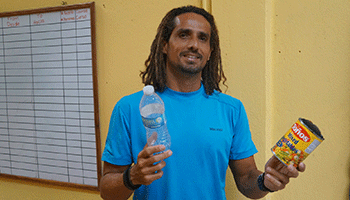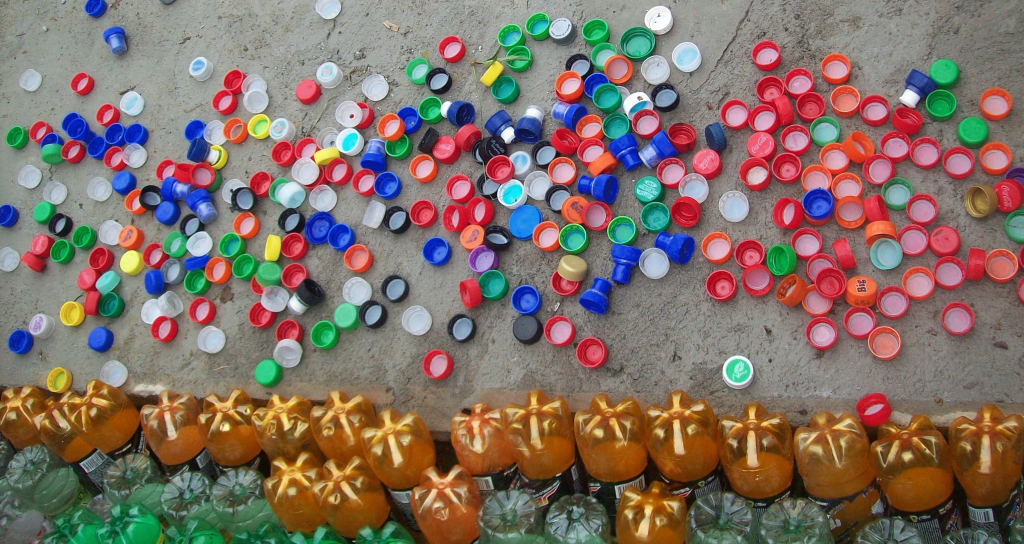Here at Outward Bound Costa Rica, we love the earth. We love the fresh mud that covers our trails as we trek out in the morning. We love the roaring rapids that greet our raft as we embark down the Pacuare River. We love the lush green of the rainforest that surrounds us as morning becomes a misty afternoon. We love the crystal clear water below us as we slip across the Caribbean in a kayak, racing the sunset.
And because we love our earth so much we know how important it is to preserve it, especially through means such as recycling.
But we admit, knowing how to recycle in Costa Rica can be a bit of a challenge. Lucky for us our surf instructor and resident recycling guru Carlos Castro Montera was on hand to show us how to recycle in this beautiful country we call home.

“Recycling is a great way to minimize our impact,” said Carlos. “We can’t just do whatever we want with this world. We have to control our impact.”
In the past two years Costa Rica has passed new laws that make recycling a higher priority – and easier than ever before.
Yet, “it can still be difficult to know what to recycle,” Carlos added. “It’s important to take a step forward and educate yourself.”
Here’s a look at what can and can’t be recycled in Costa Rica.

Plastic Bottles
Most plastic bottles come marked with the familiar recycling symbol encrusted with the number 1-7. All plastic bottles marked with numbers 1 to 2 can be recycled. The rest unfortunately cannot be.
Plastic Cartons
Plastic cartons, such as the ones juice and milk are sold in, can be recycled. Be sure to wash them out prior to disposing to avoid unpleasant smells.
Plastic Materials
Many plastic bags that are sold in the supermarkets can be recycled. An easy way to test if plastic material can be recycled is to try and tear it. If it is slow to tear and stretches instead of ripping, it can be recycled. If the material makes a crunchy sound or rips easily, it cannot be.
Aluminum
Aluminum cans, such as soda or canned vegetables can be recycled along with any paper that surrounds them. It is especially important to ensure these cans are clean by rinsing them out before recycling. Aluminum foil cannot be recycled.
Cardboard
All cardboard products, including paper towel holders and boxes can be recycled as long as they are clean. If in doubt, throw that greasy pizza box in the trash instead.
Glass
Glass bottles, such as wine bottles, can be recycled. However, broken glass items such as cups dishes and vases cannot be.
In Costa Rica, where organized recycling efforts are relatively new, Carlos stressed the importance of following the three R’s is of the utmost importance.
Need a refresher? The three R’s are:
Reduce
Be conscientious of the materials you buy. Cutting down on purchasing non-recyclable items will reduce your contamination.
Reuse
Try to reuse as many materials as you can. For example, bring bags with you to the store instead of taking new ones and donate old clothes.
Recycle
The last step in this process is to recycle. Dispose of any items that can be recycled in the proper waste receptacles.
To get involved in conservation and recycling efforts in Costa Rica, view our programs that offer service learning components!